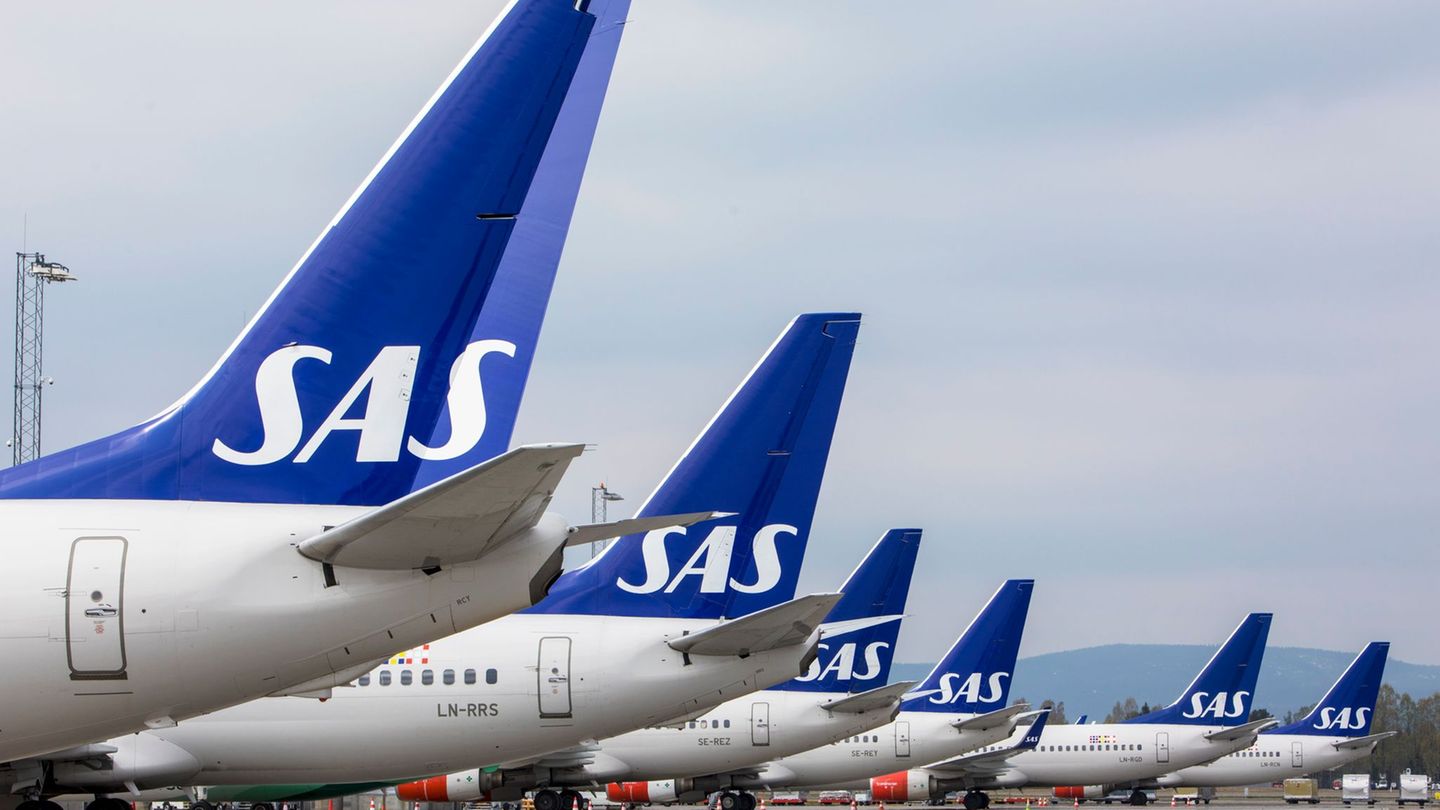Menu
The Government launches New Incentive Plan for Labor Training
Categories
Most Read
Real estate: Lawyer for the Republic suspects Benko’s assets are in foundations
October 11, 2025
No Comments
Auto industry: Talks about savings round: Will the Porsche job guarantee be overturned?
October 11, 2025
No Comments
Aviation: Airline Association: Warning about the danger of drones for ten years
October 10, 2025
No Comments
Workers’ inflation reached 2.2% in September and reached the highest level since April
October 10, 2025
No Comments
Customs dispute: Trump announces 100 percent additional tariffs for China
October 10, 2025
No Comments
Latest Posts

Gaza ceasefire holds: thousands of Palestinians return
October 11, 2025
No Comments
Thousands are making their way back to Gaza City. Hamas must release its hostages within 72 hours. On Saturday, they moved on foot, in cars

Consumer rights: “Premium” space at the toilet is no reason for compensation
October 11, 2025
No Comments
AngelicaI am an author and journalist who has written for 24 Hours World. I specialize in covering the economy and write about topics such as

Brad Pitt and Ines de Ramon: They should live together permanently
October 11, 2025
No Comments
Lisa HarrisI am an author and journalist who has worked in the entertainment industry for over a decade. I currently work as a news editor
24 Hours Worlds is a comprehensive source of instant world current affairs, offering up-to-the-minute coverage of breaking news and events from around the globe. With a team of experienced journalists and experts on hand 24/7.

